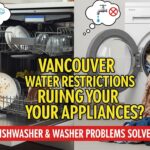Frustrated with dishes coming out dirty from your dishwasher or wondering why your washing machine takes forever to fill up in your Vancouver condo? You’re not alone – and the culprit might be lurking in your building’s water pressure system, silently destroying your expensive appliances one cycle at a time.
Picture this: you’ve just invested in a sleek new dishwasher for your downtown Vancouver condo, only to watch it struggle through every wash cycle like it’s running on fumes. Your clothes come out still damp from the washing machine, and you’re constantly rewashing loads that should have been clean the first time. Sound familiar? Here’s the thing – it’s probably not your appliances that are the problem.
It’s Vancouver’s unique combination of high-rise living challenges, municipal water restrictions, and aging infrastructure that’s slowly but surely wreaking havoc on every water-dependent appliance in your home. Living in a Vancouver condo comes with its perks – stunning views, urban convenience, and that coveted West Coast lifestyle. But what most residents don’t realize is that their building’s water pressure system might be operating at suboptimal levels, creating a cascade of problems that can reduce appliance lifespan by up to 30% compared to single-family homes.
The coastal humidity, salt air, and aging infrastructure of many Vancouver high-rises create a perfect storm that’s costing residents thousands in premature appliance replacements. But here’s the good news: most of these issues are totally fixable with some basic knowledge and a few simple adjustments. We’re talking about solutions that can extend your appliance life by 3-5 years and save you serious cash in the long run.
Key Outtakes
- Vancouver’s high-rise buildings often lack adequate municipal water pressure for floors above the 8th level, forcing appliances to work harder and fail prematurely
- Low water pressure can extend dishwasher cycles by 20-30% and reduce cleaning effectiveness, leading to both increased energy costs and mechanical wear
- Vancouver’s coastal humidity and salt air compound water pressure issues, reducing condo appliance lifespan by 20-30% compared to interior locations
- Simple DIY fixes like pressure switch adjustments and regular filter cleaning can resolve 70% of water pressure-related appliance problems
- Professional pressure system maintenance costs significantly less than premature appliance replacement, with payback periods as short as one year
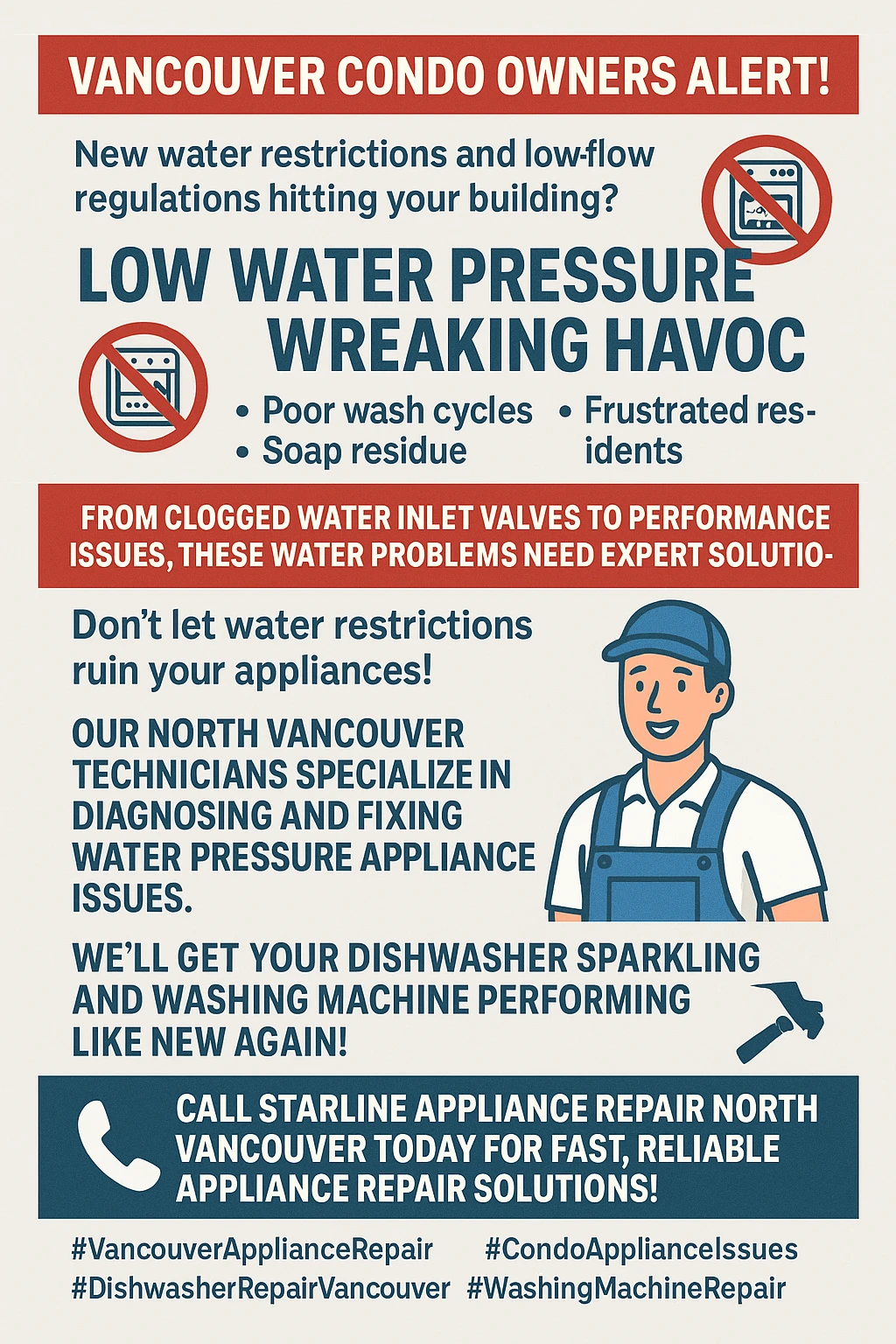
The Hidden Water Pressure Crisis Plaguing Vancouver High-Rises
Walk into any Vancouver condo building constructed in the past three decades, and you’ll likely encounter a hidden infrastructure challenge that most residents never think about until their appliances start acting up. The reality is that municipal water pressure systems were originally designed for low-rise buildings, and as our city grew vertically, many buildings were constructed without adequate pressure management systems to handle the increased demand. Here’s where it gets technical but super important to understand: municipal water supply pressure is generally adequate for buildings up to five stories high, but above that point, boosting systems become essential for proper water delivery.
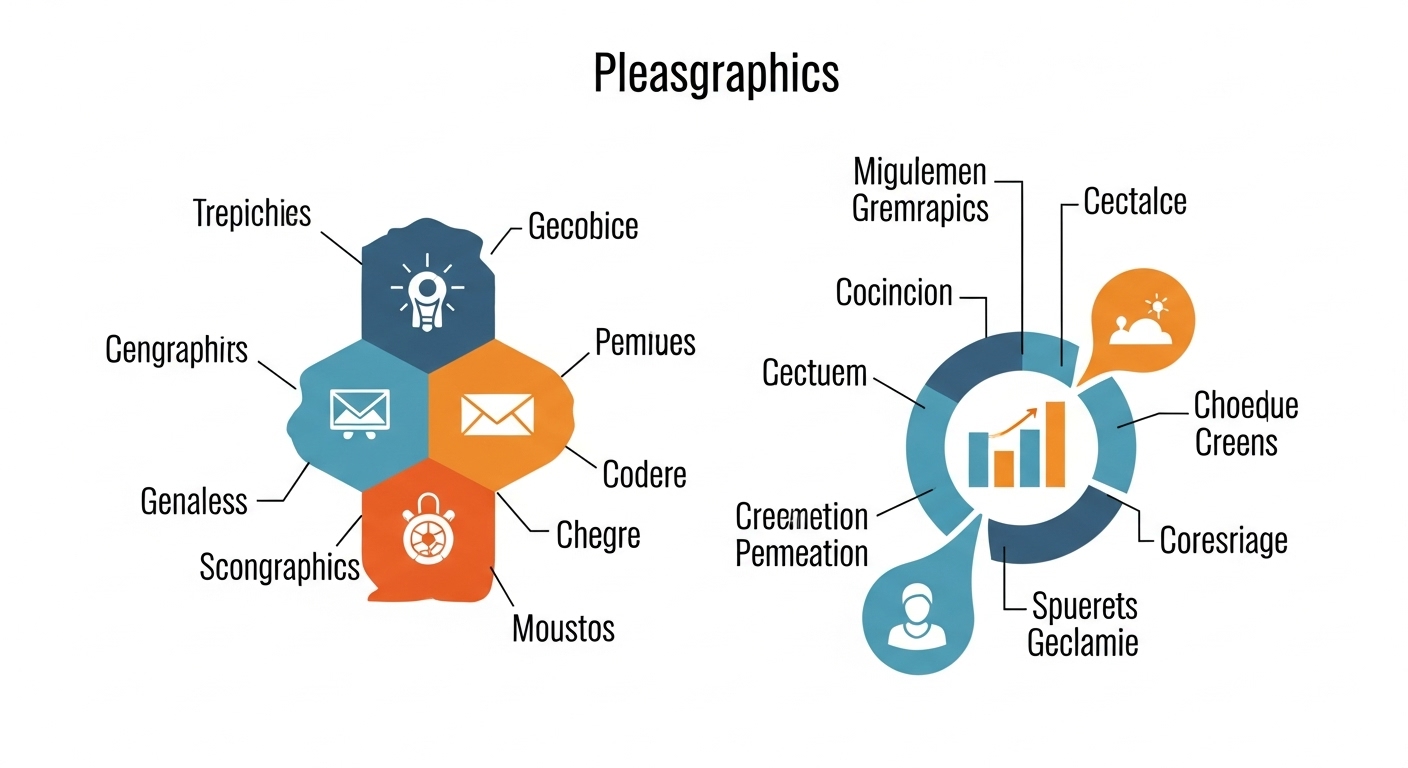
In Vancouver’s forest of glass towers, this means that countless units on higher floors are operating with water pressure that’s barely sufficient for basic needs, let alone optimal appliance performance. The engineering reality is that without proper pressure zones and booster systems, residents on floors 8 and above often experience significantly reduced water pressure. This isn’t just a minor inconvenience – it’s a systematic problem affecting thousands of Vancouver condo dwellers who don’t even realize their appliances are slowly being destroyed.
The problem becomes even more complex when you consider that many of Vancouver’s condo buildings were constructed during the building boom of the 1980s through 2000s. These structures are now dealing with aging infrastructure where accumulation of rust and sediment over time has caused a drastic reduction in the internal diameter of piping. What started as adequate water pressure when the building was new has gradually diminished to levels that put serious strain on appliances designed to operate under ideal conditions. Think of it like trying to drink a milkshake through a straw that’s slowly getting smaller – eventually, you’re working way harder for way less result.
How Vancouver’s Coastal Climate Makes Everything Worse
If water pressure problems weren’t challenging enough on their own, Vancouver’s unique coastal environment adds another layer of complexity that makes appliance survival even more difficult. The combination of high humidity, salt air, and seasonal weather patterns creates conditions that amplify every water pressure issue and accelerate appliance deterioration in ways that residents in drier climates never experience. Vancouver’s average 73% humidity means that appliances are constantly battling moisture in the air, even when they’re not running.
When you combine this with low water pressure that forces appliances to run longer cycles, you create a perfect storm of moisture exposure and mechanical stress. Dryers have to work significantly harder to remove moisture from clothes, dishwashers struggle with proper drying cycles, and washing machines may not spin efficiently due to extended operation times. It’s like asking your appliances to run a marathon in a sauna – they’re going to wear out much faster than they should.
The salt air that gives Vancouver its fresh coastal atmosphere is incredibly corrosive to the electronic components that modern appliances rely on. Circuit boards, sensors, and control panels that might last 15 years in a dry inland climate can fail in 8-10 years when exposed to salt-laden air. When these electronic components are already stressed by irregular water pressure, the combination can be devastating to appliance longevity. We’ve seen Vancouver residents dealing with control board failures and sensor malfunctions that would be unheard of in Calgary or Winnipeg.
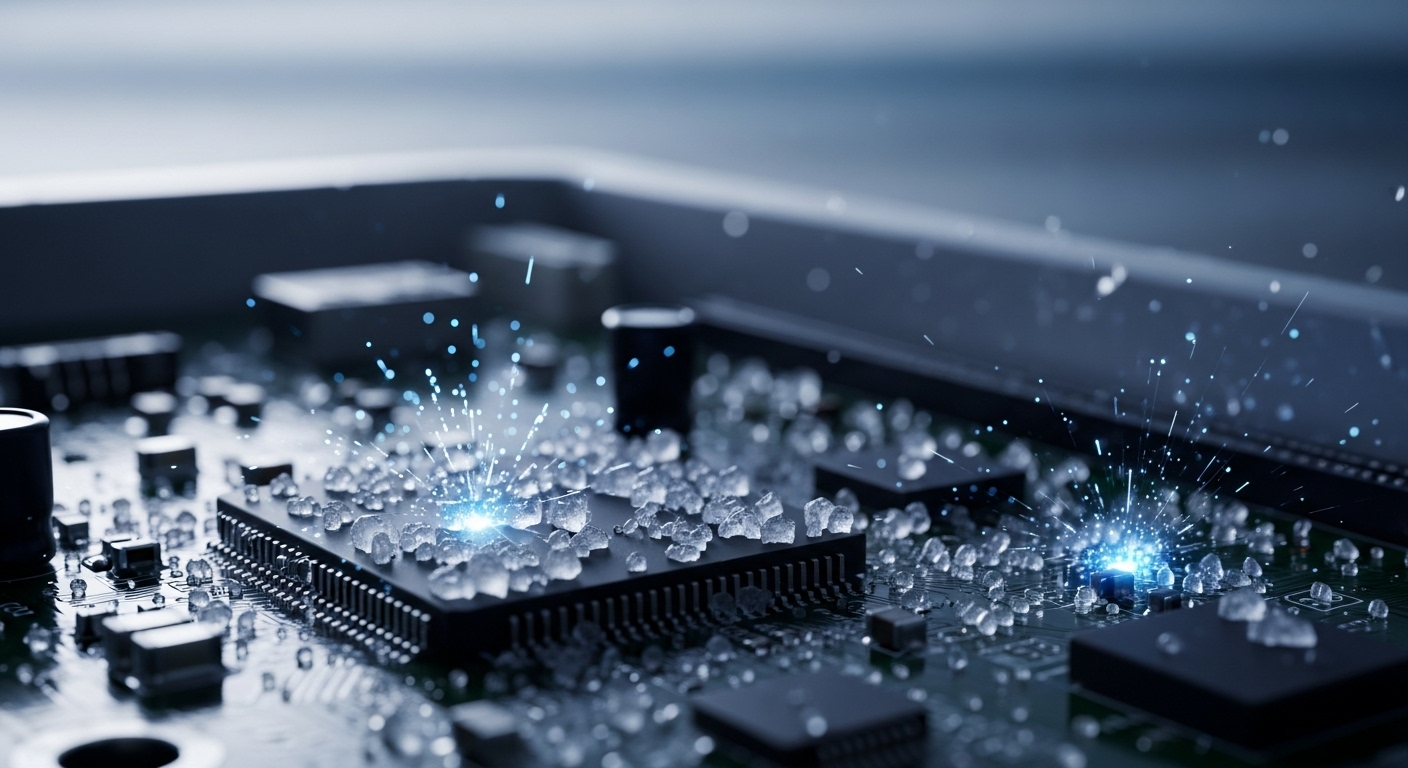
Vancouver’s rainy season creates additional challenges that most residents don’t consider. During the October-March period, indoor drying demands skyrocket, placing additional strain on dryers and ventilation systems. High-rise buildings often provide only limited air circulation to individual units, creating moisture retention that forces appliances to work overtime. When water pressure issues prevent appliances from completing cycles efficiently, this moisture problem becomes exponentially worse.
Then there’s the impact of Metro Vancouver’s watering restrictions, which are in effect from May 1 to October 15, 2025. These restrictions aren’t just about your garden sprinklers – they represent periods when municipal water systems are under maximum stress. During these peak summer months, overall system pressure drops as demand increases, creating seasonal variations in appliance performance that many residents don’t connect to the broader water management picture. Your dishwasher might work fine in February but struggle every July, and now you know why.
The Systematic Destruction of Your Expensive Appliances
Now that we understand why Vancouver condos often have pressure issues, let’s dive into exactly how this seemingly minor problem becomes a major appliance killer. The relationship between water pressure and appliance performance is more critical than most people realize, and the effects compound over time in ways that can turn a minor maintenance issue into a major financial headache. Your dishwasher is probably the first victim you’ll notice, and for good reason.
When water pressure in the spray arms drops below optimal levels, the entire cleaning system breaks down. Dishwashers require at least 20 pounds of water pressure per square inch to operate properly – anything less may prevent the inlet valve from opening and filling the tank adequately. The spray arms can’t generate enough force to properly dislodge food particles, soap doesn’t circulate effectively, and the rinse cycle becomes inadequate. This forces you to run longer cycles or rewash dishes, which not only wastes energy but also puts additional mechanical stress on pumps, motors, and electronic components.
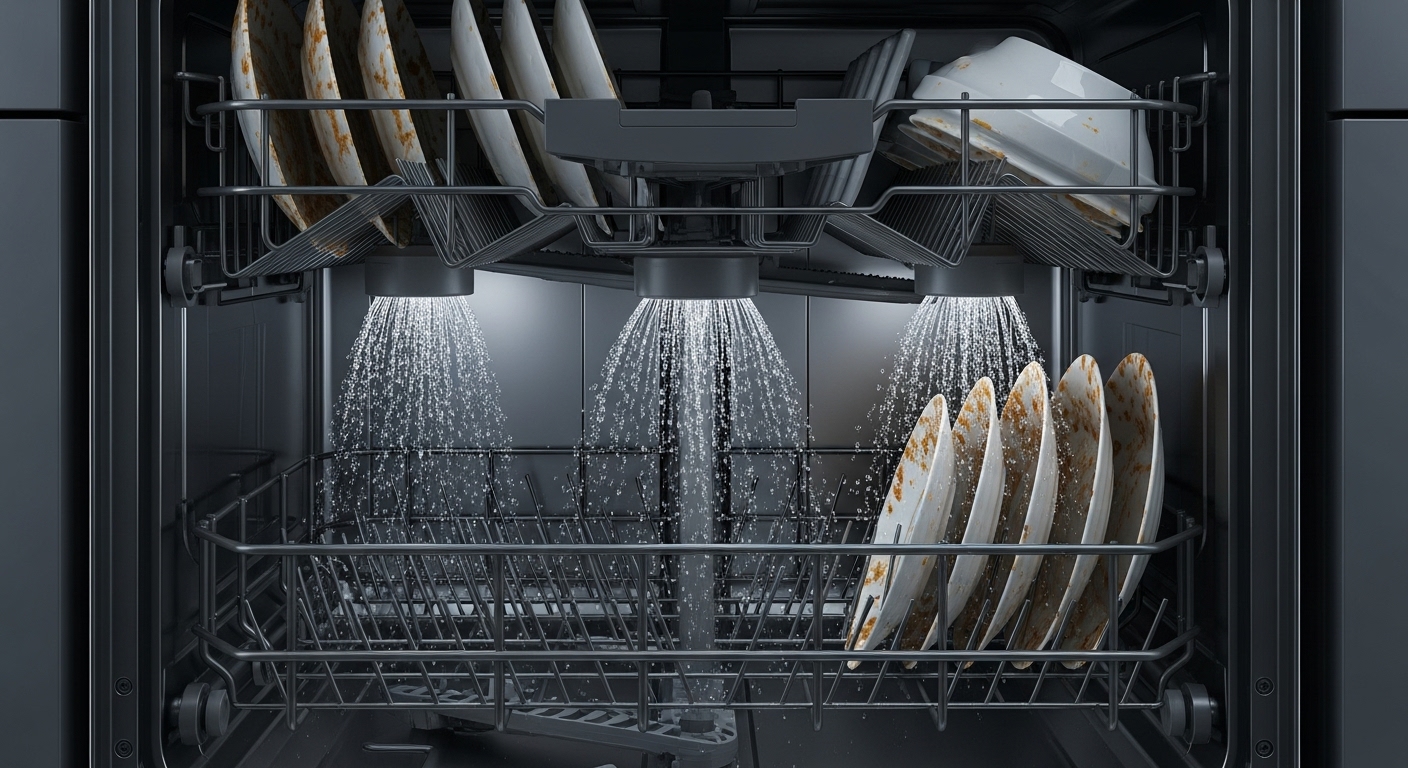
Professional repair technicians report that dishwashers operating under low pressure conditions can experience pump failure up to 40% sooner than those with adequate pressure. Most dishwasher cycles require a water temperature of at least 120 degrees Fahrenheit to work properly, but when pressure is low, the heating element has to work overtime to compensate for reduced water volume. This constant overwork leads to premature heating element failure and increased energy consumption that shows up on your monthly utility bill.
Washing machines face similar challenges but with even more expensive consequences. When water pressure is insufficient, fill cycles extend dramatically, sometimes doubling the time needed to complete a load. If water pressure is too low, washing machines take longer to reach the required water level, causing prolonged wash cycles and increased energy consumption. This extended operation time means more wear on water inlet valves, increased strain on electronic controls, and a higher likelihood of motor burnout. Over time, what should be a 12-15 year appliance lifespan can be cut down to 7-10 years, costing you thousands in premature replacement costs.
DIY Fixes and When to Call a Pro
Before you resign yourself to a future of expensive appliance replacements, there are several simple steps you can take to diagnose and potentially fix low water pressure issues in your condo. The first and easiest check is your appliance’s water inlet filter screens. These small mesh screens are located where the water hoses connect to the back of your dishwasher or washing machine, and they often become clogged with sediment over time. Cleaning these can often restore a surprising amount of water flow.

Another potential DIY solution involves adjusting the pressure switch on your washing machine. This component tells the machine when the tub is full, and if it’s not calibrated correctly, it can lead to under-filling and extended cycles. While this is a more advanced repair, a quick search for your appliance model on YouTube can often provide a step-by-step guide. However, it’s crucial to understand your limits – if you’re not comfortable working with appliance components, it’s always better to call a professional.
If these simple fixes don’t solve the problem, it’s a strong indicator that the issue lies with your building’s overall water pressure system. This is when you need to bring in a qualified appliance repair technician who understands the unique challenges of Vancouver’s high-rise buildings. A professional can perform a pressure test at the appliance hookup to confirm if the building’s supply is the root cause. If the pressure is below 20 PSI, it’s time to bring the issue to your strata council. A professionally installed booster pump system can resolve pressure issues for an entire building, extending the life of every resident’s appliances and saving the community money in the long run.
Frequently Asked Questions (FAQs)
How can I tell if my appliances are suffering from low water pressure?
Common signs include dishwasher cycles that take longer than usual, dishes coming out with food residue, washing machine tubs that fill very slowly, and clothes that are excessively damp after the spin cycle. You might also notice that your shower pressure is weaker than you’d expect.
Is low water pressure a problem in newer Vancouver condo buildings too?
Yes, it can be. While newer buildings are more likely to have booster pump systems, they aren’t always properly maintained or zoned for optimal performance on all floors. We’ve seen pressure issues in buildings less than five years old.
Will a new appliance fix the problem?
No, a new appliance will suffer from the same low water pressure issues as your old one. In fact, modern high-efficiency appliances are often more sensitive to water pressure variations and may perform even worse under suboptimal conditions.
How much does it cost to have a professional diagnose the problem?
A typical service call for an appliance technician in Vancouver to diagnose a water pressure issue ranges from $100 to $150. This is a small investment compared to the cost of replacing a $1,500 dishwasher or washing machine prematurely.
Can I install my own booster pump just for my unit?
While technically possible, it’s generally not recommended or permitted by most strata bylaws. A single-unit booster pump can negatively affect the water pressure for your neighbors. The best solution is a building-wide system managed by the strata.
Wrapping Up
Living in a Vancouver high-rise doesn’t have to mean accepting a shorter lifespan for your expensive appliances. By understanding the hidden challenges of municipal water pressure, aging infrastructure, and our unique coastal climate, you can take control of your home’s health. Start with the simple DIY checks, and don’t hesitate to bring in a professional if the problem persists. Raising the issue with your strata can lead to a building-wide solution that benefits everyone, extending appliance life, reducing energy consumption, and saving every resident money. Don’t let silent water pressure issues wash your investment down the drain – take action today and give your appliances the support they need to last.

